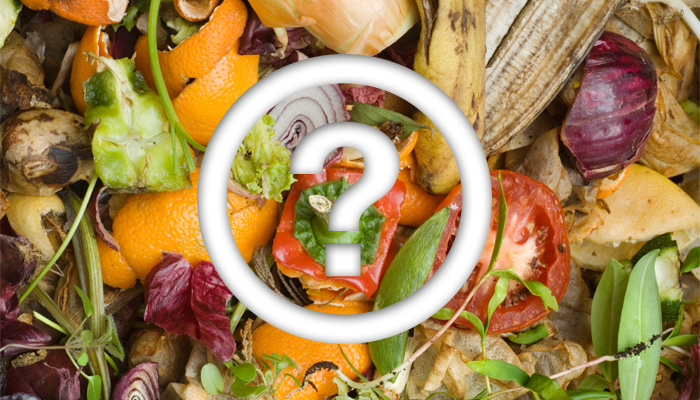¿Is it organic waste the real threat?
As we noted in the previous post, countries with a higher level of industrial development recycle a large amount of waste, mainly glass, paper, metal and plastic within a range of other materials that do have structures and tools well defined for their separation and reuse in our society. Other developing countries have less waste generation level, well due to its lowest level of industrialization or by cultural differences in the reuse of those materials. Organic waste, however, is still pilling up and accumulating and we can say that, today, mixed organic waste are one of the biggest threat to the health of our planet. Let’s take a look why.
Organic waste are the set of waste biologically produced by humans, livestock and other living beings and that, therefore, derive or generate into organic material. The truth is that often we have the idea that the organic waste is easily reinserted in the life cycle of nature, but as we read it in the previous post: human beings generates a volume of mixed organic waste above any other kind of non-organic waste and, therefore, more difficult to return to its original nature. We generate so much volume that it is almost impossible to generate cost-effective structures which are able to absorb effectively throughout this volume. At least at the moment.
Wikipedia, moreover, explains in a very simple way why organic waste is also a potential focus of insalubrity: organic wastes include organic feces and other materials that can be decomposed by aerobic microorganisms, what it means processes with oxygen consumption. When this kind of waste is located in excess into water (sewage by example), bacterial growth removes the oxygen, and no longer can live in this water either fish or any other creature which needs oxygen for living, generating focus of possible diseases. We shouldn’t forget either other kind of organic waste, considered as hazardous waste: those are some of the biological wastes which are part of the trash generates in hospitals, medical centers and laboratories; of which might also lead to uncontrolled focus of infection. Certainly organic waste have a strong impact on the environment: pollute the atmosphere, ground and water (surface and underground), mainly due to its high content in organic matter, unstable and immature, and mineral elements, and the presence of recalcitrant organic compounds, heavy metals, fit toxins, plant and animals pathogens, etc., which are highly polluting.
It is a fact that organic waste is a problem, not because its nature, but because the volume generated in our cities: Do we separate better tetra-bricks and cans than food which we leave on the dish? Even more, are we able to mix it all and generate mountains and even continents?
It is the moment to think in which is the best way to tackle the problem of this uncontrolled volume of mixed organic waste. Can we refocus the culture of mixed organic waste generation? It could be more viable search for circuits, alternatives and technologies specific to focus on mixed organic waste management and in its reuse as resources?
Is it possible to innovate in the management of organic waste as we have done with the management and uses of non-organic waste?



Comments are closed.